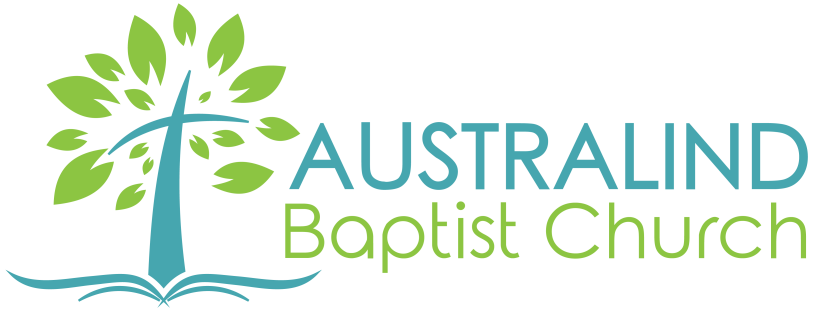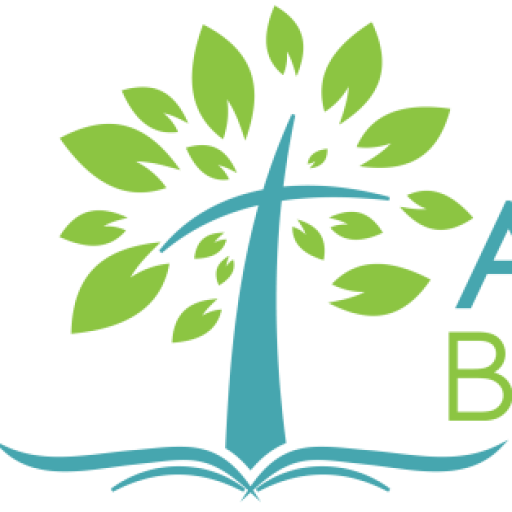- Absolutely Marvellous
Psalm 98
When Mary was pregnant with Jesus and visited her cousin Elizabeth she probably had this psalm on her mind. There are strong similarities between the first part of the psalm and the speech she made, which is called the ‘Magnificat’ in Luke 1:46-55, indicating that the promises contained in the Psalm would be fulfilled in the birth of her son.
Each of the first three verses contain the word ‘salvation’. in verse 1 we read that God’s right hand and his holy arm have worked or accomplished salvation. Verse 2 tells us that he has made it known to the nations and in doing so revealed his righteousness. Then in verse 3 all the nations of the earth have seen his salvation displayed in the way he had shown his love and faithfulness to Israel. All these are marvellous things that should cause his people to sing a new song.
Through salvation he revealed his might and strength as a warrior God who defeated his enemies and gained a victory. He is a righteous God who revealed himself by making salvation known through his dealings with Israel, and he proved himself faithful by extending steadfast love and kindness to his people so that nations everywhere would see his saving grace at work. The psalm writer insists this is the reason to sing a new song, not to rely on the songs of old, those of Deborah, Moses and others but to compose a new song that told of his mercy, faithfulness and love.
They were to sing this song joyfully and with musical accompaniment. Noisy worship was common for the people of Israel, Ezra records that when the foundation of the temple was laid, “they sang responsively, praising and giving thanks to the LORD: “For He is good, For His mercy endures forever toward Israel.” Then all the people shouted with a great shout, when they praised the LORD, because the foundation of the house of the LORD was laid…and the sound was heard afar off.” (Ezra 3:11,13) and Nehemiah writes: “The two choirs that gave thanks then took their places in the house of God; so did I, together with half the officials, as well as the priests… The choirs sang under the direction of Jezrahiah. And on that day they offered great sacrifices, rejoicing because God had given them great joy. The women and children also rejoiced. The sound of rejoicing in Jerusalem could be heard far away.” (Nehemiah 12: 40ff). Their worship was unrestrained and enthusiastic – God had done great things and they were going to celebrate.
Not only were the people going to sing and shout but so too would the sea and all it contained, the world and all of its inhabitants and even the rivers would clap their hands while the mountains and hills would sing for joy. When Jesus made his entrance to Jerusalem the week before the first Easter, the religious leaders tried to prevent the crowd from singing praise, Jesus told them in response that even if they stopped the rocks and stones would cry out. Nothing could or should stop the sound of praise to a God who did marvellous things.
This joyful and noisy celebration was to welcome the coming king. The one who is coming to judge the earth. He will deal righteously and with fairness, he will bring justice to the oppressed and will hold to account those who have done the oppressing. All of those who have surrendered to the lordship of the king will be invited to sit with him having been declared righteous, while those that have refused to bow their knee to him will be condemned. Those who have faithfully waited for his deliverance will be rewarded while those who have trusted in false gods will be rejected. For those who have put their trust in Jesus and confessed him as Lord it is time to celebrate in anticipation of his coming, to raise a banner, to sing with passion and enthusiasm and declare the marvellous things he has done.
- What marvellous things has God done in your life?
- What picture do you have in your mind when you think of the Jews worshipping?
- Can you picture yourself like that?

